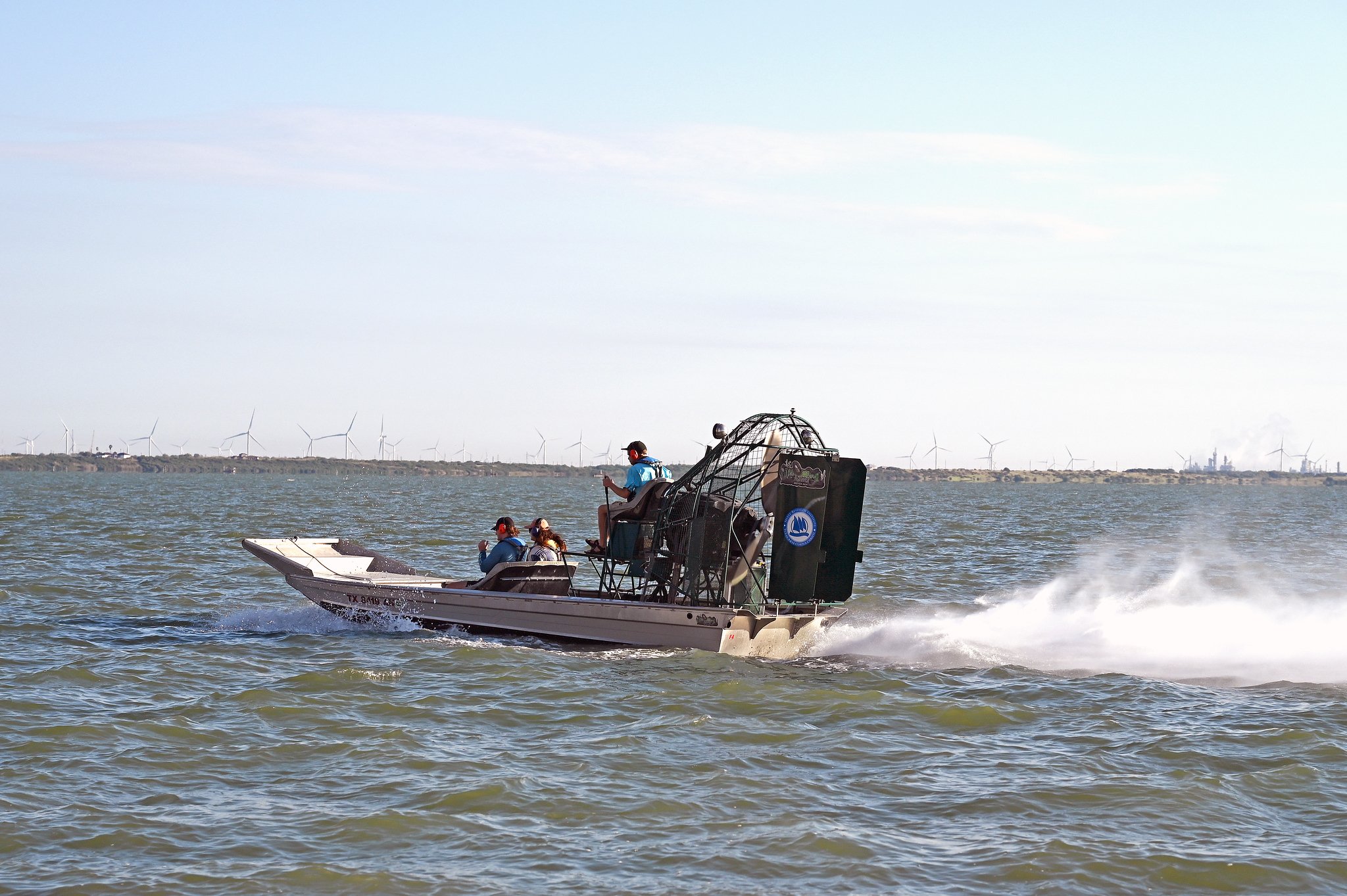
About
About AI2ES
AI2ES, the NSF Trustworthy AI Institute for Research on Trustworthy AI in Weather, Climate, and Coastal Oceanography, has a vision to develop reliable AI methods for diverse environmental science users. Led by the University of Oklahoma and backed by a $100 million investment from the U.S. National Science Foundation (NSF), AI2ES addresses the pressing need for accelerated AI research in environmental sciences, focusing on weather patterns, oceans, sea level rise, and disaster risk. This collaborative effort involves academia (University of Oklahoma, Colorado State University, University at Albany, University of Washington, North Carolina State University, Texas A&M University-Corpus Christi, and Del Mar College), private industry partners (Google, IBM, NVIDIA, and Disaster Tech), and collaborations with government entities like the National Center for Atmospheric Research and the National Oceanic and Atmospheric Administration. The NSF director, Sethuraman Panchanathan, highlights the critical role of AI in advancing discoveries and capabilities. AI2ES is positioned to revolutionize understanding and prediction in atmospheric and ocean science, fostering diversity in the AI and environmental science workforce through new educational pathways.
AI2ES at the Conrad Blucher Institute
The Conrad Blucher Institute at Texas A&M University-Corpus Christi, as a collaborative partner of the institute, will take the lead in Coastal AI research. In conjunction with Del Mar College, they will pioneer the development of an innovative Certificate in Artificial Intelligence. The focus of AI models will extend to creating predictions for coastal fog and inundation, crucial for supporting commerce and emergency management. Additionally, predictive models will be devised to aid in the conservation of endangered sea turtles. Texas A&M University-Corpus Christi, in coordination with institute partners, aims to leverage explainable AI (XAI) to enhance the understanding of coastal processes. They will collaborate with local agencies and institute partners to refine the communication of AI predictions to end-users. The institute's collaboration with the Conrad Blucher Institute underscores a concentrated effort to apply AI technology specifically to coastal areas.
